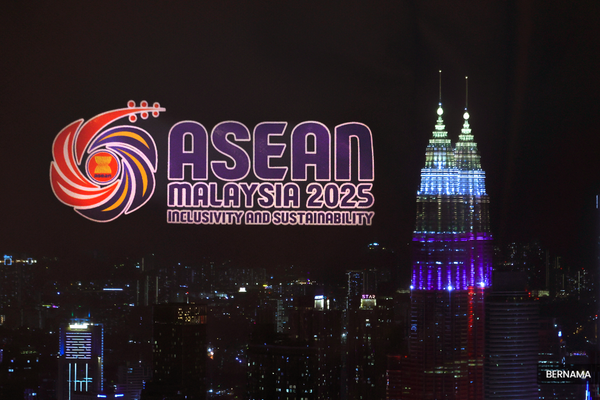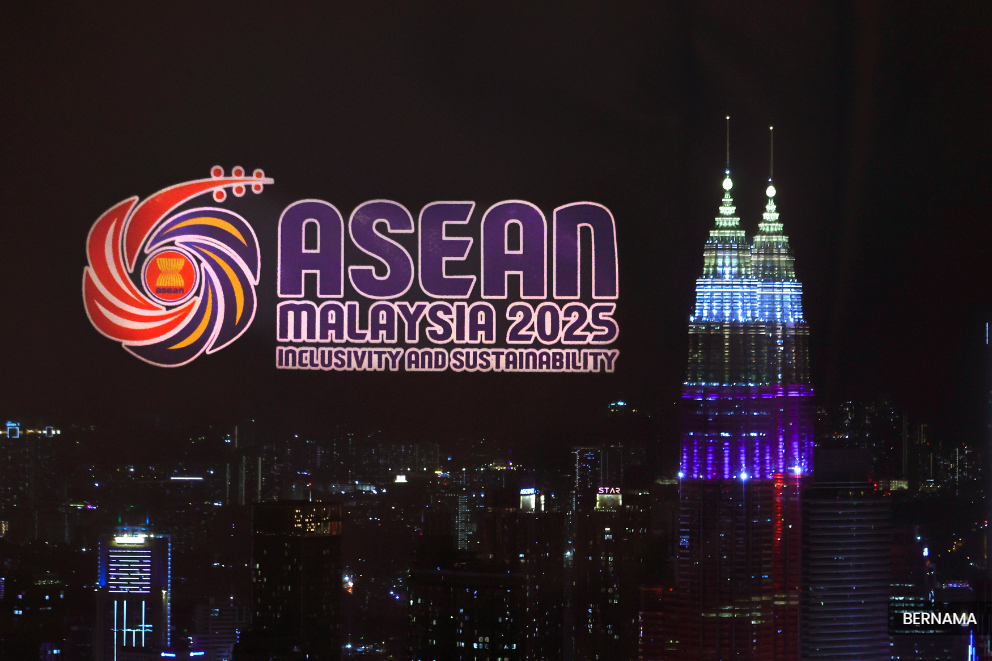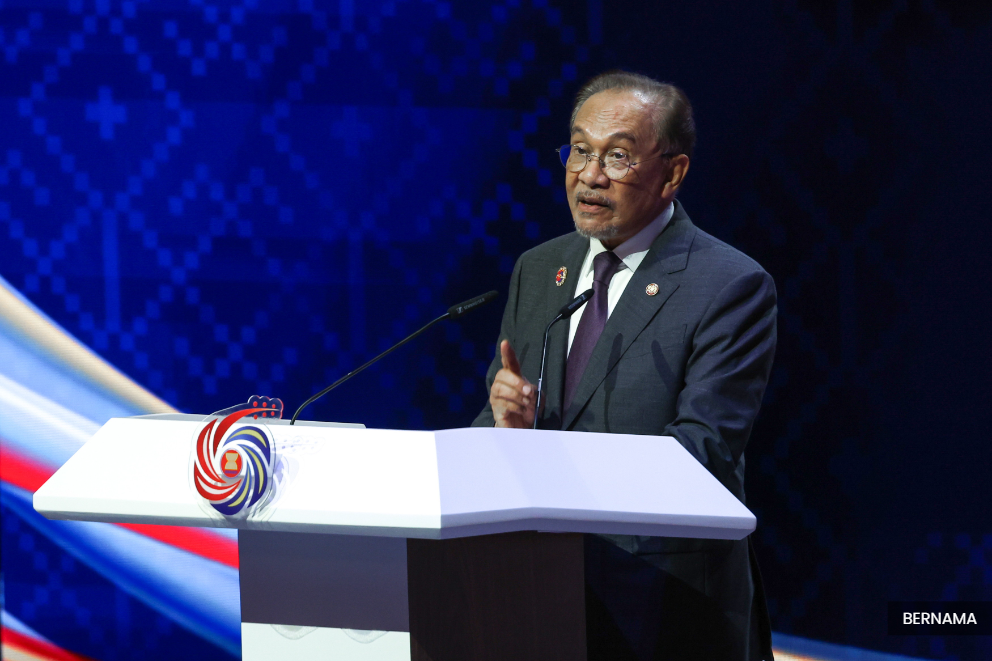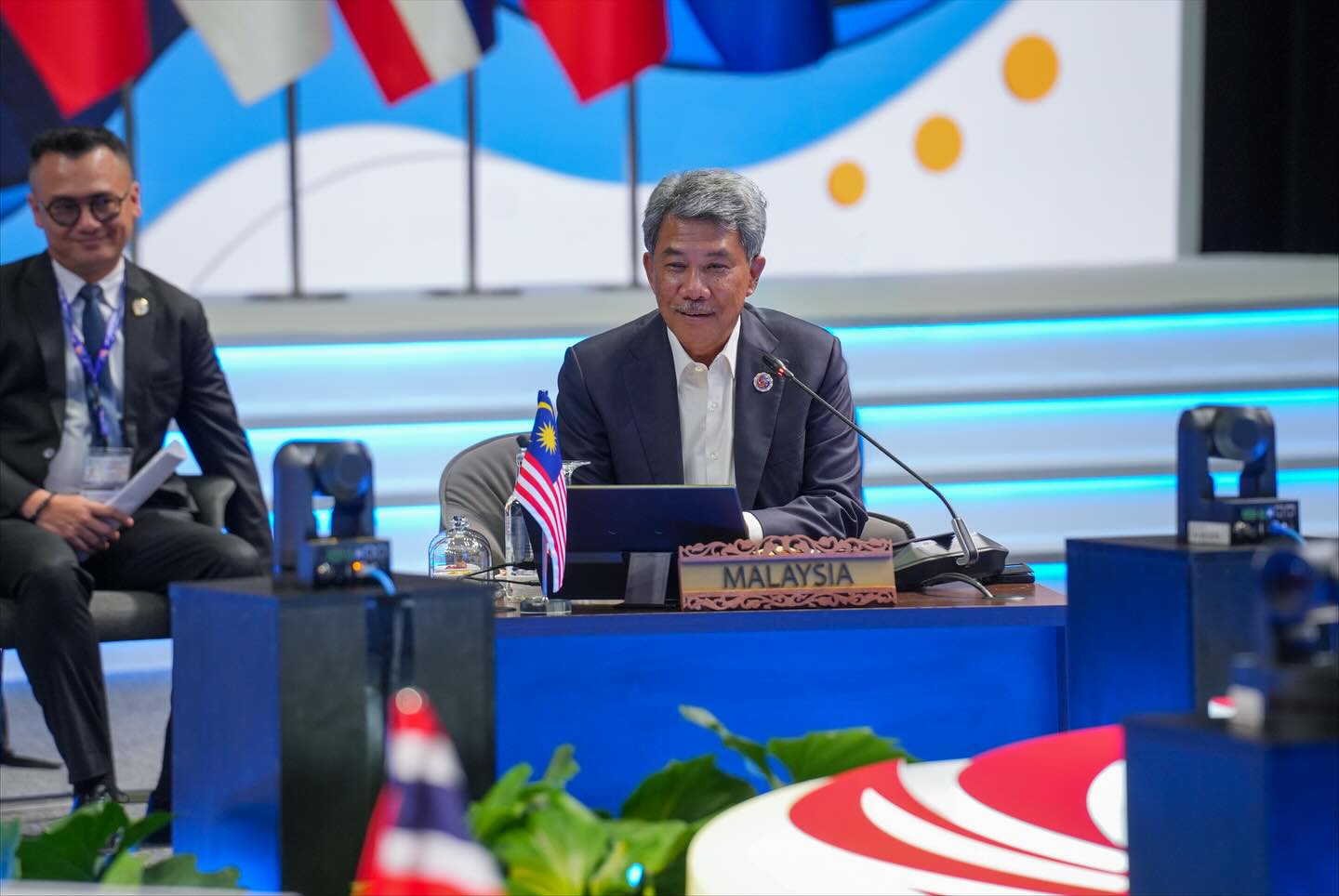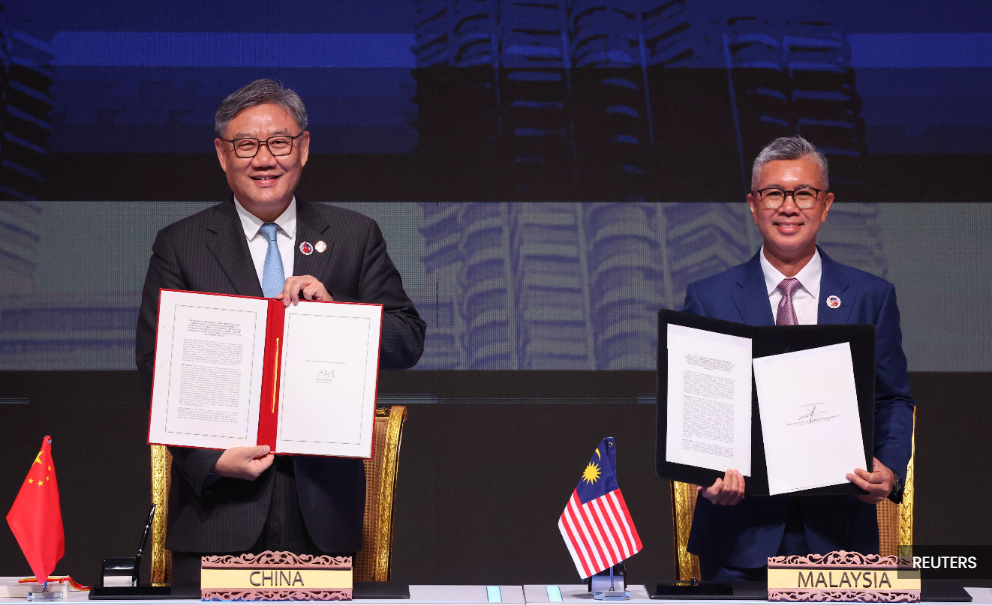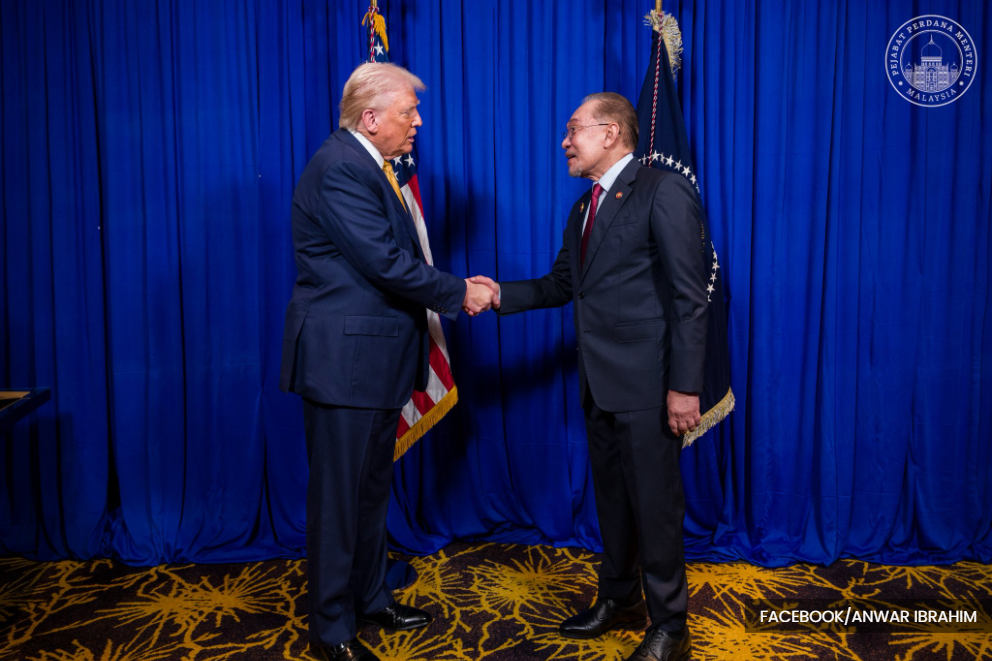KUALA LUMPUR, Oct 29 — The culmination of the 47th Asean Summit has demonstrated the bloc’s increasing relevance in a fractured world, marking a decisive shift from neutrality to centrality, especially under Malaysia’s leadership.
Over the summit’s three days, Prime Minister Datuk Seri Anwar Ibrahim presided over breakthroughs that fused diplomacy with economic strategy — the result of a year’s worth of preparation that has delivered substance over symbolism.
What emerged was a region clearly stepping into its own, led by a chairmanship that married moral persuasion with pragmatic policy without leaning towards any major power.
The opening day set the tone when Cambodia and Thailand signed the Kuala Lumpur Peace Accord, signalling a ceasefire after decades of border tensions that have periodically erupted into armed conflict.
Witnessed by Anwar and United States President Donald Trump, the deal included the setup of an Asean observer team to monitor the peace process.
Cambodian Prime Minister Hun Manet pledged full implementation, including phased withdrawal of heavy weaponry, and thanked Anwar for his “unwavering support and facilitation”.
The accord proved Asean can function as a conflict-resolution mechanism, not just a diplomatic forum, while Malaysia’s success in bringing the two neighbours together demonstrates its growing international stature.
Malaysia’s reputation was also reinforced through its principled and pragmatic advocacy for many human rights issues, including Gaza.
Anwar unequivocally highlighted the plight of Palestinians and repeatedly brought up the matter with Trump in private as well as in front of regional and world leaders at the summit.
His strong stance on these issues, however, did not leave a negative image, especially with Trump, whose praise for Malaysia was unmistakable.
Malaysia’s success unfolded as both Trump and Chinese Premier Li Qiang competed for regional influence at the summit, while the presence of leaders from Japan, Canada, South Korea, India, Russia and the European Union, among others, stood testament to how Asean remains one of the few platforms where rival powers still gather.
Anwar captured this succinctly at the Asean-China Summit when he said: “If people are curious, the day before we were with President Donald Trump of the United States, and today we are back with China. That reflects Asean centrality.”
Describing Asean’s engagement as “steady” and “governed by reason”, Anwar reframed neutrality as active centrality, which enables nonpartisan dialogue.
That principle was directly tested at the 20th East Asia Summit, where Anwar addressed the South China Sea dispute head-on. While acknowledging progress on the Code of Conduct, he drew a clear line that regional disputes must be resolved internally, not dictated by foreign powers.
“The moment it is seen to be imposed and dictated by outside forces, things become more problematic and tense,” he said in a pointed message to both Washington’s freedom-of-navigation operations and Beijing’s expansive claims.
Malaysia, China, the Philippines, Vietnam, Brunei, Taiwan, and Indonesia have overlapping claims in the South China Sea, with China asserting control over roughly 90 per cent of the waters.
Trade deals reshaping Asean
Malaysia and the US unveiled their Reciprocal Trade Agreement during the summit, a US$150 billion (RM630 billion) pact covering rare earths, critical minerals, and hi-tech manufacturing.
The commitments to avoid export bans, expand energy cooperation, and ensure tariff reciprocity signal Malaysia’s emergence as a trusted Indo-Pacific supply chain partner.
While details remain under discussion, Anwar dismissed claims that Malaysia is simply “giving away” its rare earths and insisted the country’s national interests are still protected, while economic options with China remain open.
China, meanwhile, upgraded its free trade agreement (FTA) with Asean, broadening collaboration on infrastructure, digital and green transition, trade facilitation and people-to-people exchanges, building on the region’s first FTA with Beijing, which took effect in 2010.
The parallel moves show Asean’s centrality with both superpowers competing for its favour.
Asean not without weakness
However, Anwar also acknowledged the bloc’s enduring challenges, including the ongoing Myanmar crisis.
While reaffirming Asean’s commitment to the Five-Point Consensus, Anwar stressed that lasting peace cannot be imposed from outside.
“We know this requires patience, persistence and an honest appreciation of realities on the ground. But lasting peace cannot be imposed. It must be Myanmar-owned and Myanmar-led. Only then will reconciliation endure.”
Anwar’s closing address at the summit also offered this balanced sense of humility.
“In today’s world, where constancy is a rare virtue, we must be governed by reason, to be steadfast amid the stirrings and frenzies of the hour. We recognise that no chairmanship, not even a generation, can right every wrong.
“Some crises will persist, some lives remain shadowed by fear and want. Yet, history seldom leaps. It bends slowly through the will, labour and sheer stubbornness of those who refuse to despair.”
He also thanked fellow Malaysians who welcomed the world “with warmth and generosity” and transformed diplomacy into a shared national effort.
This, Anwar said, is an example that Asean’s actual progress comes through collective endurance, not grand leaps.
